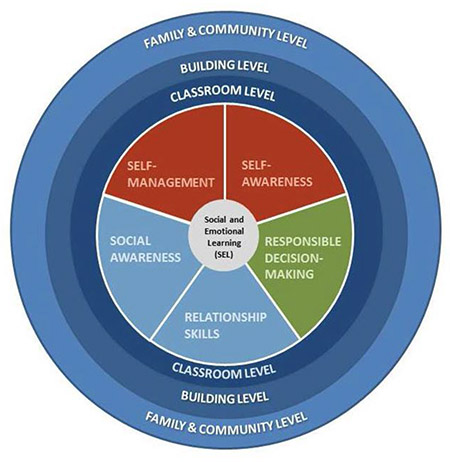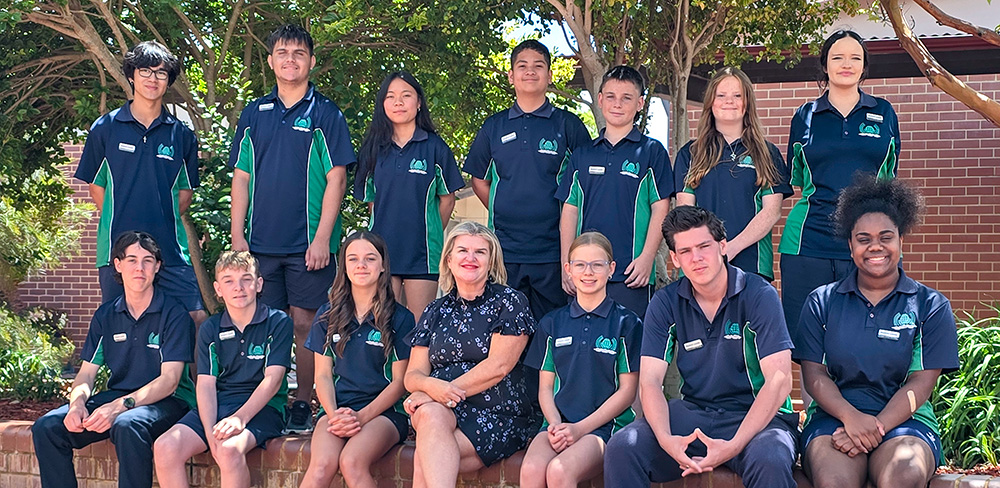
The Visible Learning mindframes provide a coherent approach to simultaneously improve learning outcomes and student wellbeing. At Clarkson, Invitational Education (IE) provides a framework for making other theories work. The most significant driver of school reform is teachers' thinking. Teachers' understanding of intentionality helps make them consciously skilled.
Social-Emotional Learning (SEL) is about a strength-based approach that enables self-awareness skills. Prof John Hattie’s (2009) synthesis of eight meta-analyses examining the impact of social skills interventions had an average effect size of 0.40 (number of studies=540; number of people= 7,180).
It is important to intentionally promote positive communication. We invite teachers to take a collaborative approach to improving school climate. The journey of self-reflection for teachers as adult learners of SEL helps them to appreciate students' needs as they look into mirrors and not out of windows. Positive self-concept enables self-management, social awareness skills, relationship and decision-making skills. Improving school climate and social-emotional skills is essential when mitigating mental health issues. Interdependent school climate goals must overlap and give coherence.
According to Fretz (2020) there are three key elements:
1. Model, teach and practice social and emotional skills with all students
2. Help adults to develop intentionally positive communication skills
3. Replace control-oriented, punitive and exclusionary discipline practices with collaborative, humane solutions.
You can read Joan Fretz’s full article by clicking this link.




















